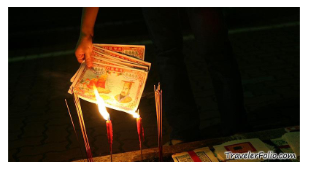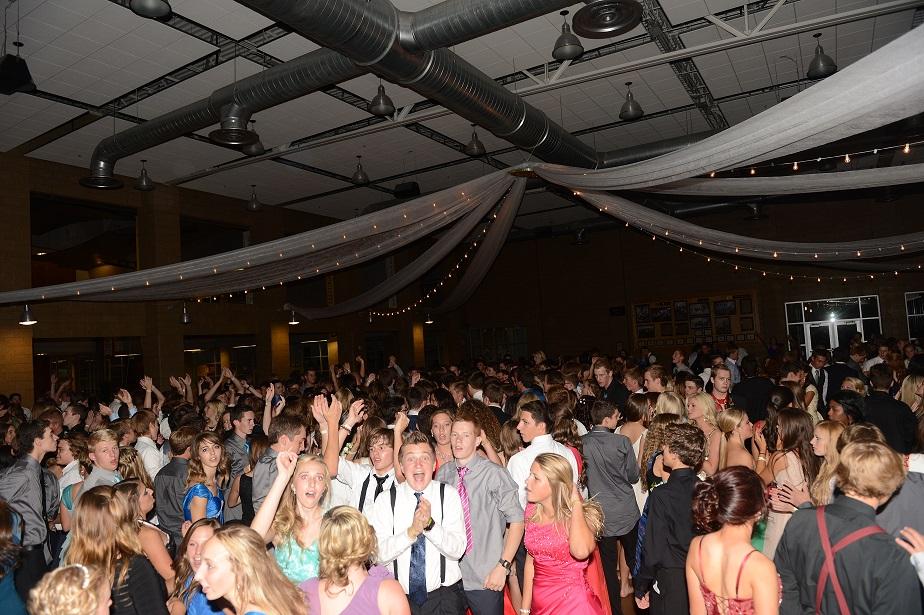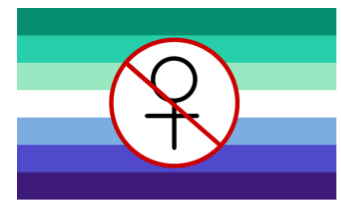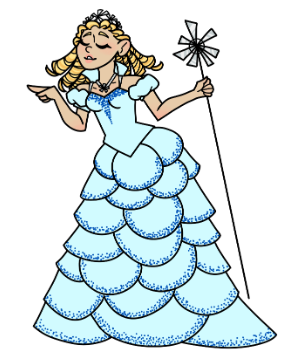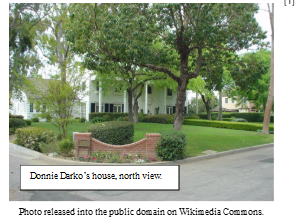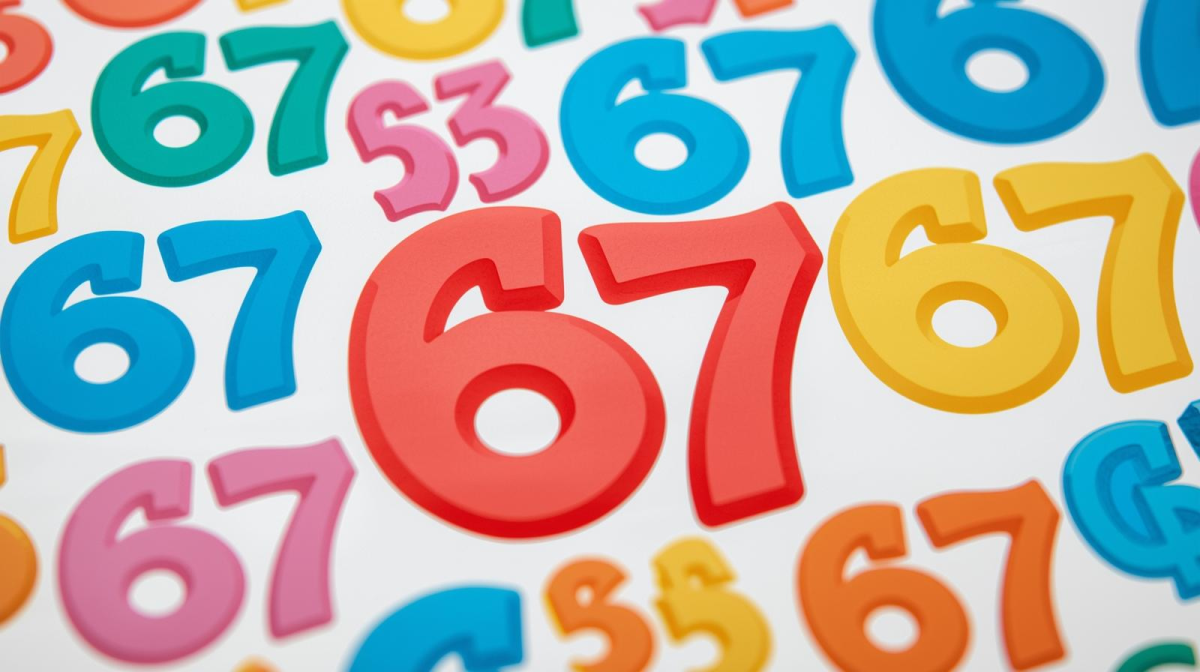Misogyny has been an issue for longer than anyone can remember. While misogyny is prevalent in all groups, there has been a strong push to weed out any remnants of the old way of thought. One of the communities aiming to rid of misogyny is the LGBTQ+ community. However, there is still one corner of the Queer community where this outdated ideology exists. That corner is fandoms of Men-Loving-Men media. Misogyny even in oppressed groups, still exists, this issue is a complex topic, yes, but a serious one at that.
Fandoms are fan bases of any media. Any type of media can have a fandom if there are enough people to support it. All different communities can find fandoms with people like them. However, queer people mostly populate fandoms, the most popular fanbases usually have one thing in common, that one thing is that the male main characters are or presumed to be in love; this is known as “Men-Loving-Men.” There are two types of these relationships. One is called a “ship,” and one is called “canon.” A “ship” relationship is a romantic grouping of characters that is not explicitly stated in the media. A “canon” relationship is the opposite, where the romance is explicitly told in the media.
Many fandoms have prevalent issues within them. Some of the most popular fandoms have issues of racism, homo/transphobia, ableism, and more. With fandoms being so accessible, a lot of people get into them, with all those people bring several ways of thinking. With all these unusual ways of thinking, they can bring ideas, or they can foster uncouth opinions and actions. This is unfortunately even present in fandoms with queer people in it. Specifically, fandoms of men-loving-men media, that issue is misogyny. Now, this does not mean that queer people or even men-loving-men people are misogynistic, however what it does mean is that the fandoms can lead to misogyny.
The first example is the fandom of Brokeback Mountain. Brokeback Mountain released on December 9th, 2005. The movie covers the lives of two canon male lovers, Jack Twist and Ennis Del Mar from 1967-1987. In the time they were separated and were expected to marry, which they do. Now, the fandom of Brokeback Mountain hates both women. In their time together, Jack and Ennis continue to see each other, despite their wives. Their wives eventually do find out about their affairs yet remain sophisticated yet heartbroken Given the historical period of the movie, Lureen and Alma would have had full authority to report their husbands for their homosexual love. However, they do not, they are shocked and heartbroken, but they do not out their husbands. Despite their kindness, the fandom hates these two women because they g as “getting in the way.”
Hatred of female characters can also be found in fandoms where a relationship between two male characters is just a ship. Some of these fandoms include, be more chill with the ship between Jeremy and Michael, despite Jeremy being in love with Christine, Dear Evan Hansen with the ship between Evan and Connor, even though Evan was in love with Zoe, in Newsies with the ship between Jack and Crutchie, even with Jack being pursued and in love with Kathrine, and many more examples from many more medias. If a female love interest is present in a fandom where the most favorite relationship is a men-loving-men ship, that woman character will be hated.
The phenomenon of the getting in the way trope, is incredibly prevalent in fandoms of men-loving-men media, and insanely harmful to women. If women are seen as obstructions to hurdle over that paints a horrible picture of women. The issue of women being seen as objects in the way is a tale as old as time. To quote Christine de Pizan, a 14th century feminist, “How was she created? I am not sure if you realize this, but it was in God’s image. How can anybody dare to speak ill of something which bears such a noble imprint?” [1] this is how we can see that hating women just for being women and existing has been a genuine issue for a long, long, time. Women being seen as “in the way” is a long-lasting issue that affects day-to-day life for women. Because of this issue women are often looked Over, leading to issues of disrespect and belief that women are not capable. This proves just how harmful the “getting in the way” trope can be.
Despite the push to get rid of all the old way of thoughts in queer communities, misogyny is still undeniable and often found within. This misogyny can be found in fandoms of media that has a canon men-loving-men relationship or just a men-loving-men ship. This shows that everyone can improve, there is no group that is “holier than thou.” All the way of thought still permeates our communities. If we want to achieve a future that is better, we must work on the small problems first, that includes our feelings towards female characters in media. Everyone can improve; it just starts with the tiny things.
- Footnotes
- The Book of The City of The Ladies (1404), Christine de Pizan.











